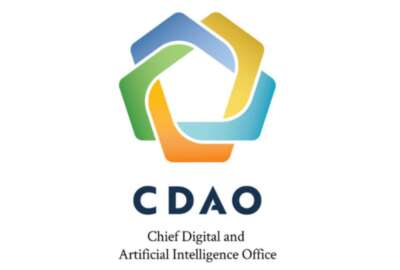Among the reasons federal agencies should pursue multiple cloud computing strategies is simply this: Commercial clouds are not identical. They not only have varying technical offerings, they also have varying degrees of maturity and therefore suitability for what a government agency might be trying to accomplish.
As Erik Benner, the vice president of enterprise transformation at cloud services broker Mythics, put it, “Not all clouds are equal. With the second generation cloud, there’s even a larger gap. The first generation clouds just don’t make it easy to operate in. They make it difficult to change the environment. They don’t run legacy applications as well. Those are a lot of limitations.”
Benner adds that first generation clouds also don’t handle federal security requirements as well as more up-to-date cloud infrastructures.
The federal Cloud First policy has evolved to the Cloud Smart policy, which acknowledges the subtleties required for developing cloud strategies and choosing commercial cloud suppliers.
A smart approach also takes into account that for some workloads, an agency will want to retain its own data center.
“I think that’s the essence of cloud smart: this hybrid world of multi cloud,” said Mark Johnson, vice president for DOD Tech and Cloud at Oracle.
Johnson said the best approach to cloud is to start small and then scale rapidly.
“You don’t have to take your biggest application and figure out how you’re going to move that to the cloud,” Johnson said. “I think we take some of the developmental or test environments, user acceptance environments, with non-sensitive data, and just start experimenting with different things in the cloud.” Once confident the workload is right for the cloud, “you can be confident in scaling up if you’re going to need a very large environment.”
Another element in smart cloud adoption is having predictable costs. Not every provider offers identical cost schedules or approaches. Data flow charge policies, for example, vary widely from cloud to cloud.
“Some cloud service providers, like Oracle, only charge for data going out from the cloud over the internet,” Benner said. “Other cloud providers charge for data going in and out.” The same is true for storage. Some, he said, charge just for the storage capacity used, others charge for every read and write cycle to storage. The latter is a “huge risk when it comes to predictability of the expense.”
“You absolutely need to come in armored with questions, and more than what the sales teams would normally tell you from the different CSPs,” Benner said. “Otherwise, you will end up with expenses you weren’t prepared for.”
Another way to control costs is to choose workloads, including database applications, that require minimal rework to operate in the cloud. Benner said Oracle the cloud provider brings the skills needed to ensure Oracle the database and applications provider will operate properly in the cloud.
In fact, cloud vendors can help you inventory which agency workloads are best suited to cloud migration in terms of both compatibility and performance.
“Cloud is much more collaborative; it’s no longer, ‘Here’s the technology, we’ll give you a 10 minute brief on it,’” Johnson said. “That’s why we have service level agreements around availability, manageability, and performance.”
Agencies should expect as much from cloud brokers, too, Benner said.
“We have a cloud migration process, where we actually do an interview with a customer. We do an assessment, and we look at their workloads. We look at how we can transform their workloads into the cloud and the benefits of it. Those benefits are all down to performance.”
When you're evaluating your cloud service providers, you do need to look at your network cost. That's a huge thing. Some cloud service providers, like Oracle, only charge for data going out over the cloud over the internet. Other cloud providers charge for data going in and out. Other cloud providers don't only just charge for your storage, they charge for every read and write to your storage, which has a huge risk.
Erik Benner
ACE Director, Oracle and Vice President, Enterprise Transformation, Mythics
Beginning the Cloud Conversion Journey
Technology is constantly changing. So the cloud that may have made sense just a few years ago, may not be the right service that you need. It may be that there's an entirely new service that's been brought in, that could be something you could really take advantage of [like one] built entirely on a zero trust architecture. That's a huge change in value.
Mark Johnson
Vice President, DoD Tech and Cloud, Oracle
Listen to the full show:
Copyright
© 2024 Federal News Network. All rights reserved. This website is not intended for users located within the European Economic Area.









